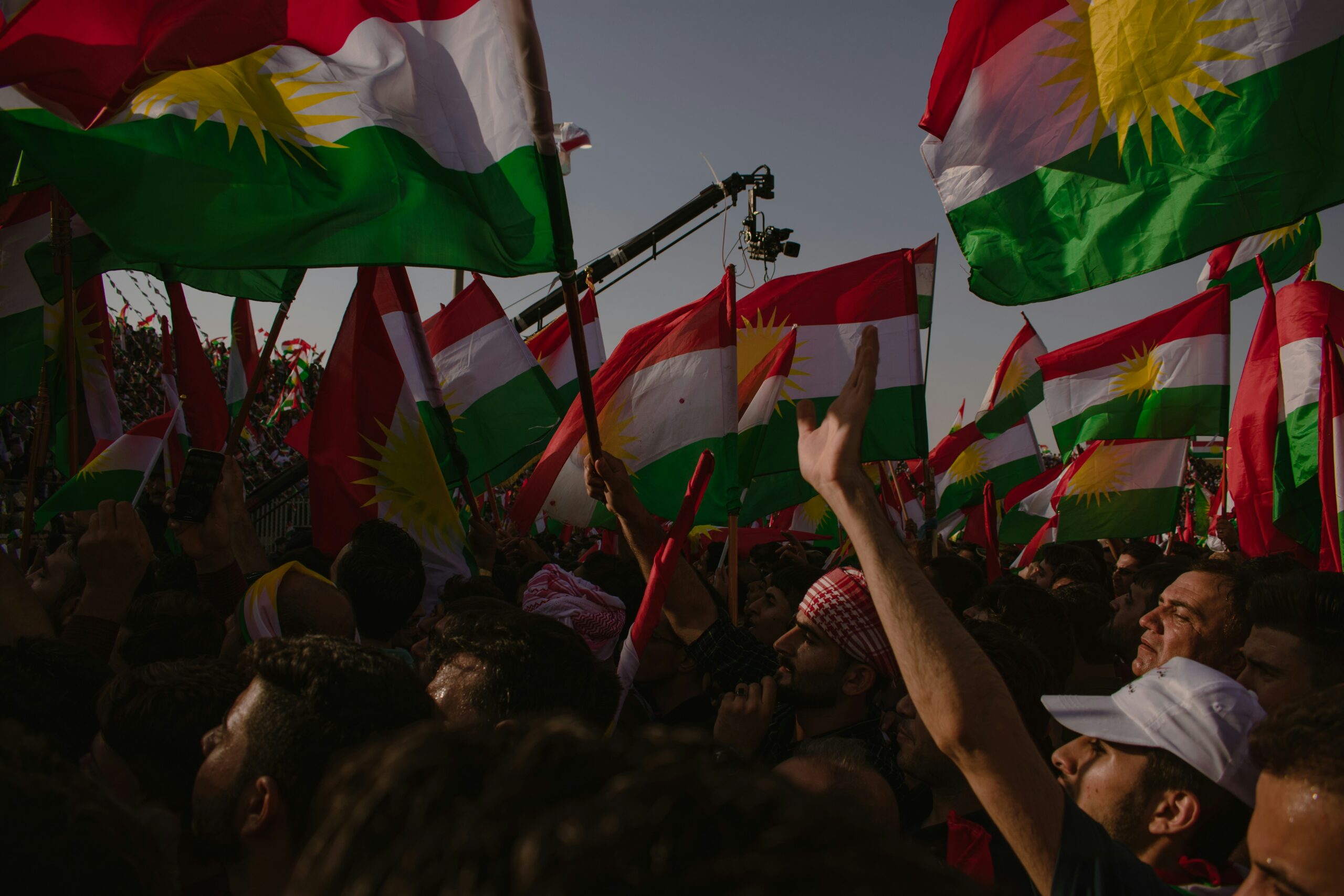By Eliana Nunes
Iraq’s Independent High Electoral Commission today proposed that long-overdue parliamentary elections in the semi-autonomous region of Kurdistan will be held on 5th September.
The nearly two-year delay in holding the elections highlights the challenges of maintaining democracy in Kurdistan, which is home to over 6.5 million citizens.
“The central Iraqi government and the Kurdistan Regional Government [KRG] usually disagree on various issues including power-sharing,” Mehdi Dehnavi, a Middle Eastern affairs analyst, explained.
Their most recent disagreement was over the Kurdistan parliament’s electoral system. The ruling Kurdistan Democratic Party (KDP) boycotted elections that were scheduled for June, after accusing the Federal Supreme Court of Iraq of making “unconstitutional” changes to the make-up of the parliament.
In February, the Iraqi court, established as an arbiter between the governments of Iraq and Kurdistan, eliminated the Kurdish parliament’s 11 quota seats for minorities – five of which have since been restored. These minority seats typically support the KDP and enabled the party to achieve its majority in 2018.
Michael Rubin, an author on Kurdistan and senior fellow at the American Enterprise Institute, said the recent election delay had nothing to do with democracy, but was in fact a strategy to benefit the KDP government led by president Nechirvan Barzani and his cousin, prime minister Masrour Barzani.
“While the Barzanis control enough of the mechanism to win any election,” Rubin said, “Masrour Barzani is afraid that losing votes – a near certainty – would show him to be weak.”
But the KRG spokesperson, Peshawa Hawramani, told Count: “The Kurdistan Regional Government will do anything to ensure the elections take place.” Hawramani added that consistent election delays – the result of “disagreements between parties” – have caused “huge problems for Kurdistan’s legislative institutions”.
According to analyst Dehnavi, before September’s elections: “it is first necessary to strengthen non-partisan institutions such as [Iraq’s] Independent High Electoral Commission to manage electoral processes transparently and fairly, free from party influence.”
Dehnavi said that if these issues are not resolved, another election delay could “have significantly negative impacts on issues of regional legitimacy.”
Feature Image: Kurdistan – Levi Meir Clancy

